5 NON-TOXIC ESSENTIAL OILS TO KEEP CATS OFF FURNITURE
Let’s speak about essential oils to keep cats off furniture. Is your cat using your furniture like a giant scratching post? You are not alone. Some cats, despite having scratching posts around, enjoy the furniture better.
Essential oils that keep cats off furniture are oils derived from plants that cats do not like. Those oils are sprayed on the furniture surfaces, and therefore when cats smell the scent of it, they tend to keep away from that surface.
Let’s go more in details.
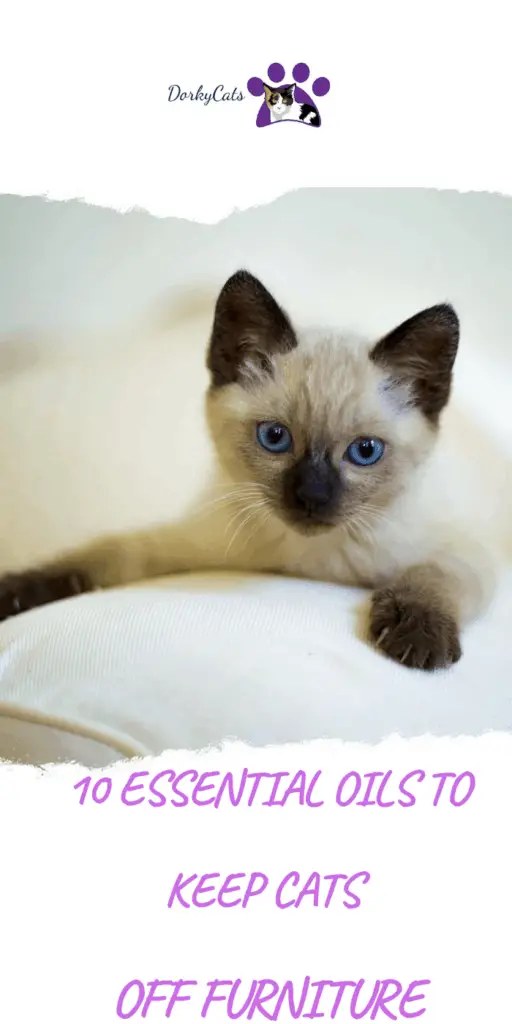
WHAT IS ESSENTIAL OIL?
Essential oil is an oil essence or fragrance derived from plants through a specific process. Commonly essential oils are used for aromatherapy, alternative medicine, or to keep an environment filled with a pleasant scent.
There are more uses for essential oils, but the one that concerns us is the use of such fragrances to keep our cat off our furniture and prevent the house’s destruction!
Certain scents or fragrances are repellent to cats; as soon as cats smell an unpleasant odor, they tend to go away from the source of it. We want to ensure that those essential oils or fragrances are also natural and not toxic for our cats.
There are certain things that cats hate and would not come close to, for example:
- Citronella
- Citrus
- Lavender
- Peppermint
- Lemongrass
- Geranium
- Eucalyptus
- Rosemary
- Thyme
- Rue
- Banana
- Mustard
- Pepper
- Curry
- Cinnamon
- Mint
- Wintergreen
- Menthol
- Pine
- Cedar
- Skunk
The trick is to place those scents or smell on the furniture you want your cat to stay away from. You may have to try different scents to see which one is working best with your cat.
You have to pay attention not to use a substance that is toxic to cats. Even though essential oils come from plants, some plants are bad for cats and pets in general.
Many cats repellant sprays that are out for sale write “natural” in their labels. Even the natural plant’s essence, like lavender, citrus, and lemongrass, is toxic for cats. Therefore a cat owner must know which plants are safe for their cat and which ones aren’t safe.
ESSENTIAL OILS TOXIC FOR CATS
So what substance is not suitable for cats? When you want to use essential oils to keep cats off your furniture or from scratching around the house and even coming on the counter, you have to stay away from the toxic ones for cats.
Do not use essential oils that have those elements in them:
- Citronella
- Lemongrass
- Lavender
- Peppermint
- Geranium
- Eucalyptus
- Tea tree
- Cinnamon
- Citrus
- Pennyroyal
- Pine
- Sweet birch
- Wintergreen
- Clove oil
- Lilies
- California ivy
- Sweet Peas
- Primrose
- English Holly
- Ylang ylang
Many essential oils are toxic for cats, and you should pay a lot of attention to labels and do your research to find out if any substance of repellent you are using is safe for your cat.
Additionally, reading the label is not enough; many products claim to be safe for your cat, and when you read the ingredients, they say citronella, citrus, lavender, etc. Labels have to be read, analyzed, and challenged.
SAFER FRAGRANCES FOR CATS
There are some substances that are meant to be safe for cats are the following:
- Basil
- Fennel
- Jasmine
- Lemon Balm
- Rose
- Sage
- Thyme
Ok, but what can we use that is safe but at the same time a repellent for my cat? Let’s go over it.
10 ESSENTIAL OILS TO KEEP CATS OFF FURNITURE
After some research, we were able to come up with non-toxic repellents for cats and essential oils to keep cats off furniture that are safe and usable.
Here is our list:
Ingredients: Rosemary (0.5%)
Inert Ingredients: Water and Sodium Bicarbonate
Rosemary is not considered to be toxic for cats and dogs.
2. Pets Deterrent Spray By Shaboo Prints
Does not contain harsh chemicals or additives, and will not harm your pet.
3.Pet Organics (Nala) CNB04116 No Scratch Spray
Ingredients
Herbal essential fragrances (proprietary mixture), natural non-ionic emulsifiers, natural biodegradable solvents (proprietary blend), and purified water.
4. Relaxivet Natural Cat Calming Pheromone Diffuser Kit
All-natural: Contains only natural ingredients. Pheromones have a beneficial effect on the nervous system, help relieve the nervous tension and anxiety of pets.
This in case cats scratching comes from anxiety.
It is not easy to find something that is natural and non-toxic. It is important to do the proper researches and find the best product for your cat.
WHAT SMELLS DETER CATS FROM SCRATCHING?
Cats do not like the following smells, just to name a few:
- Citronella
- Lemongrass
- Lavender
- Peppermint
- Geranium
- Eucalyptus
- Tea tree
- Cinnamon
- Citrus
The most common repellents for cats are based on citrus, orange, lavender, eucalyptus, cinnamon, to name a few.
But, we have already seen that most of those substances are toxic for cats, even though most brands assert that their products are safe. Therefore, even though we could easily repel cats from scratching our furniture using citronella, citrus, or lemongrass, we actually can’t do it.
Even if those products are easy to find in the market, we want our cats to stay healthy.
What are the alternatives?
BASIL
Cats dislike basil, but it safe and non-toxic. You could find basil essence or make your own, and use it on the areas you do not want your cat to scratch. It may take you a bit of time to figure out how to do it, but it is safe for your cat, and you may reach your purpose.
If you use a spray bottle, you could mix basil essential oil and water in it, mix and use it over the surfaces you do not want your cat to go.
LEMON BALM
It is another scent cats do not like. Lemon balm is known scientifically as Melissa Officinalis. It is a non-toxic herb that can be used on cats.
Similarly, one could mix water and lemon balm essential oil, mix it, and use it on the surfaces that cats should not scratch.
FENNEL
Fennel is non-toxic for cats. Cats from the other side do not like it. Therefore it is another excellent repellent. As we have seen above, you can use essential fennel oil mixed with water on surfaces that you do not want your cat to scratch or jump on.
These were only three remedies for cats scratching your furniture.
CAN VINEGAR BE USED AS CATS DETERRENT?
Vinegar is non-toxic for cats. Therefore it can be used safely as a deterrent. It smells so bad that cats stay away. One idea is to clean some of the furniture with vinegar ( the one that could be cleaned with it).
In fact, vinegar can kill off flu germs and other germs. It is not a disinfectant that kills all the viruses and bacteria, but it is effective on some of them. Not only can you keep your house clean, but you can deter your cat from scratching furniture.
But, cleaning with vinegar is not the only method. You could spray it, mixed with water on the surfaces you do not want to be scratched.
Spraying Vinegar on furniture:
It is recommended to use a part of water with one part of vinegar (apple cider vinegar). In other words, mix 50% of water and 50% of vinegar.
After you have mixed the compound, you can finally spray it over the needed surfaces. Some people also add a part of liquid soap to the mixture. I am not sure it is indispensable.
RELATED QUESTIONS
Here some related questions and answer:
- What can I put on furniture to stop cat scratching?
You can use non-toxic, natural essential oils, vinegar, and also, you can cover some of your furniture with things that can prevent a cat from scratching—for example, a cat scratch training tape.
You can find on the market invisible tapes that you can place over your couch or furniture to keep your cat away or at least prevent scratching.
- Can vinegar hurt cats?
Vinegar is considered non-toxic for cats. It doesn’t smell good for them. Therefore it will keep them away. Vinegar is a natural deterrent for cats and also safe.
- Will lemon juice hurt my cat?
Lemon juice is toxic for cats. It should not be used as a cat deterrent. If you want them off from scratching furniture, use non-toxic substances. Not lemon juice.
- Why has my cat suddenly started scratching the furniture?
It is usual for cats to scratch around the house. They need to work on their nails to make them sharper, stretch, and other cat’s things. They need to be able to scratch somewhere. It is important to provide several scratching posts and teach them as earlier as possible to use them when they need to scratch.
CONCLUSION
I hope we were able to show you some essential oils safe for cats. It is important to read the labels to see what ingredients are inside essential oils.
If you see that they contain toxic elements for cats, stay away. If you have any questions or want to add anything, leave it in the comments below.

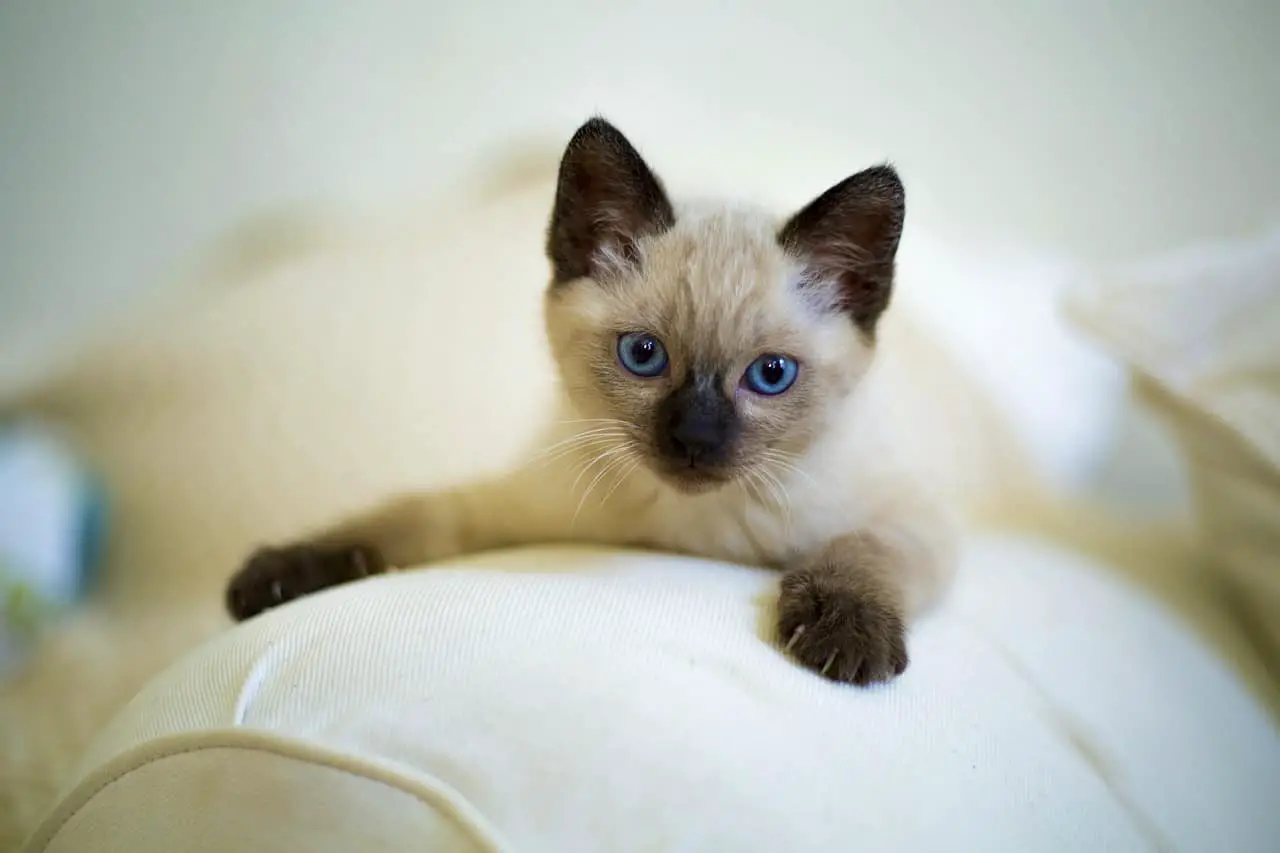





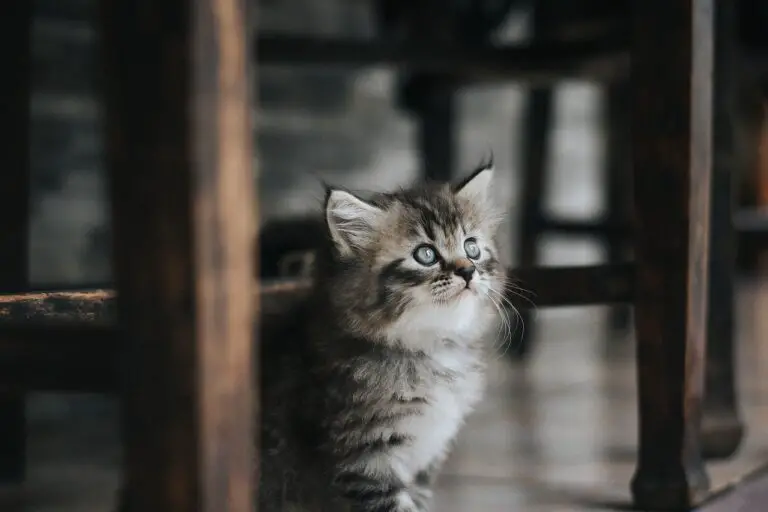
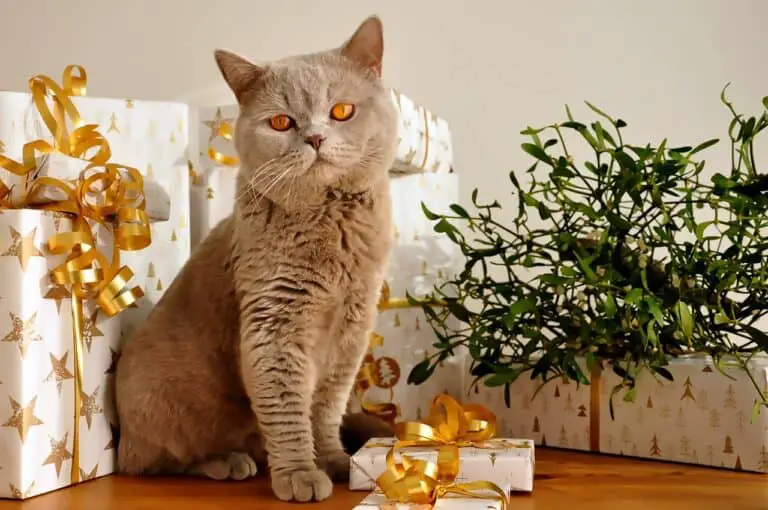
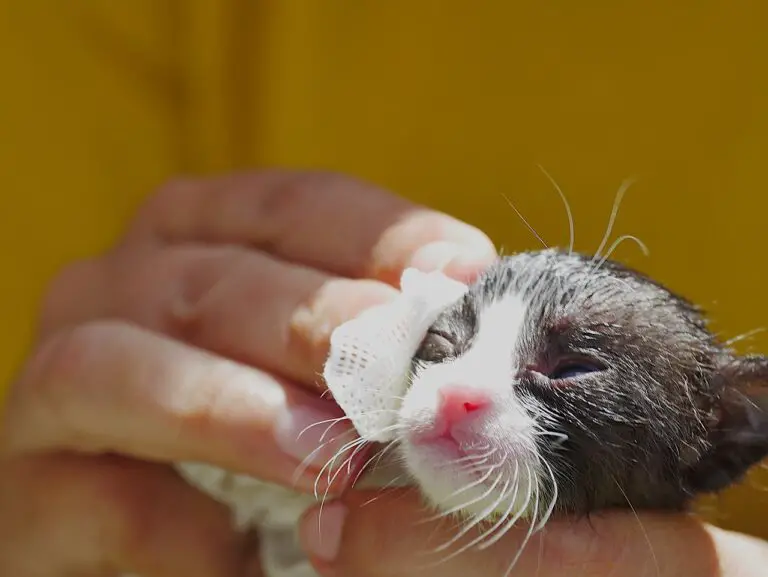
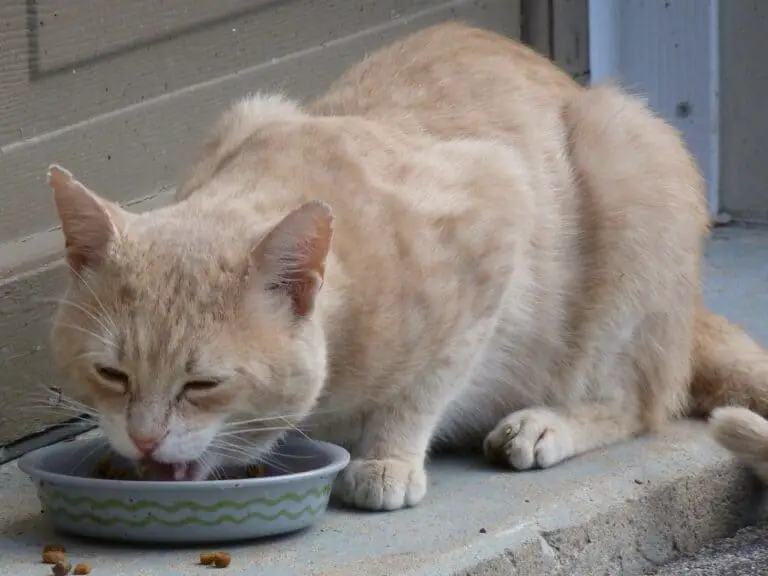
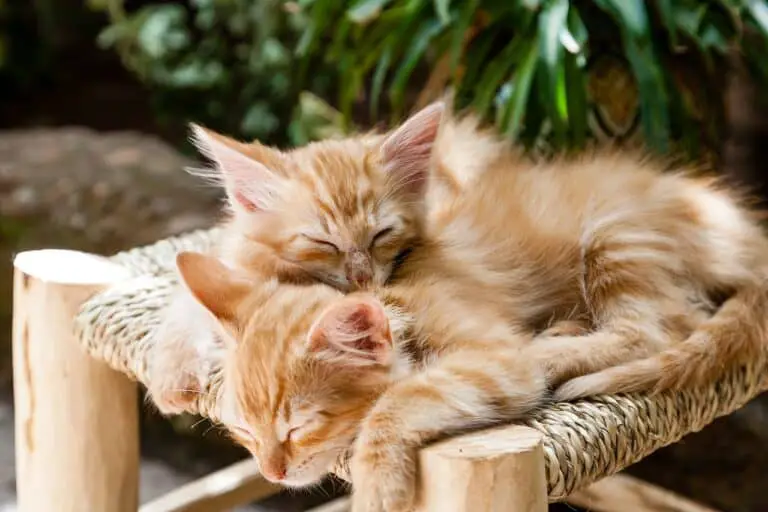
Hi Vittoria, I just read your article. Really thanks for all the insights you have provided here. I just wanted to know, do you think Lavender is the best one for soapmaking? I blog on my website https://vinevida.com/ with listicles of essential oils that are best for this and that. And right now I’m here looking forward to collecting some expert insights haha. Thanks in advance for replying.
Hello there, sorry for the delay in answering. Levander is good for soap making, but not for cats. It seems to be toxic for them. Better to keep cats away from it! Good luck with your website!
Great post Vittoria. Being an Essential Oil lover, I feel this is one of the most helpful resources I find for my cats. Informative post, thanks for sharing this. 🙂
Thank you so much, really appreciated!
Thanks! Essential oils can be a good idea, but not all are cats friendly! Cats owners should have an idea which one are good or not
I have become restless with the irritation of my cat & dog because they are scratching my bed and furniture cloths after tidying. In your article, I am known about lemon balm oil, which is the most effective fragrance to keep cats off it. Thanks for your post!
I have grown to be stressed with my dog’s inflammation because they’re scratching my mattress and tablecloths after tidying. For your article, I acknowledged approximately lemon balm oil, which is the handiest fragrance to preserve cats off it. Thank you for your informative tips!
This is a revelation! I never knew that essential oils could also be used to make furniture cat proof. A big relief for cat owners